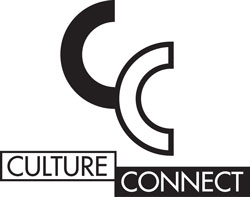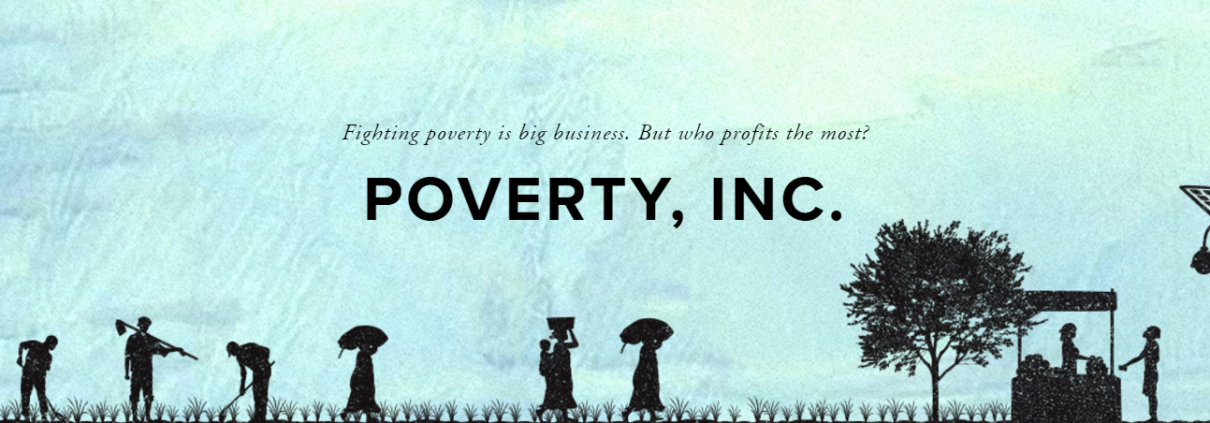Poverty Inc. Film
April 3, 2016
Poverty Inc. film by Michael Matheson Miller
“Fighting poverty is big business. But who profits the most?” is the tagline for the documentary film “Poverty, Inc.” Ellen and I saw last week. As you might expect, the film offers many examples of NGOs, charitable and government organizations, however well meaning, that end up not delivering what the people in need most need, and continuing a presence long after they should be gone.
Disaster relief is generally accepted as worthwhile, but the on-going injections of food and clothing, for example, are seen to disrupt local markets perfectly capable of delivering the goods.
A popular form of aid in Haiti after the devastating 2010 earthquake was to establish orphanages, and to help arrange for Western adoptions. It was found that 80% of the children in the orphanages actually had at least one living parent in Haiti (often who visited regularly). Parents put their children into orphanages to ensure they received food, clothing, education and medicines. The aid agencies were, and still are, inadvertently splitting families.
Suggestions for development included:
- do some serious research before stepping in to offer assistance
- work with locals to determine and deliver the best form of help
- providing training and access to new markets, working as partners with local staff
- be aware that organizations naturally tend towards becoming unconsciously self-serving, and
- build in review mechanisms, and exit plans into their projects.
It is worth pondering that if we can’t solve poverty within our own culture/system, what chance do we have of solving poverty in a culture/system we may not understand. Helping others is still important, but as was the film’s theme – how best to follow the lead and need of the local people.
The micro picture challenge – how to help people be successful on their own terms within their existing political/economic system.
The macro picture challenge – what is their ideal political/economic system, who gets to determine that, and what role can outsiders legitimately play in the system change of other countries (bureaucracy, property rights, laws, etc.).
Poverty Inc. also highlights the work of 19th century sociologist Émile Durkheim on “social facts”, or the cultural box within which we view problems and potential solutions. To get out of that box is a monumental task. Again, what mechanisms can be built into the system to build awareness of our box (as I believe our box can change but we will still be in a new sort of mental/cultural box), and to collaborate successfully with people whose boxes are different from ours.
The film’s creators wanted to elevate the global poverty discussion, and we believe they well-achieved their purpose.



